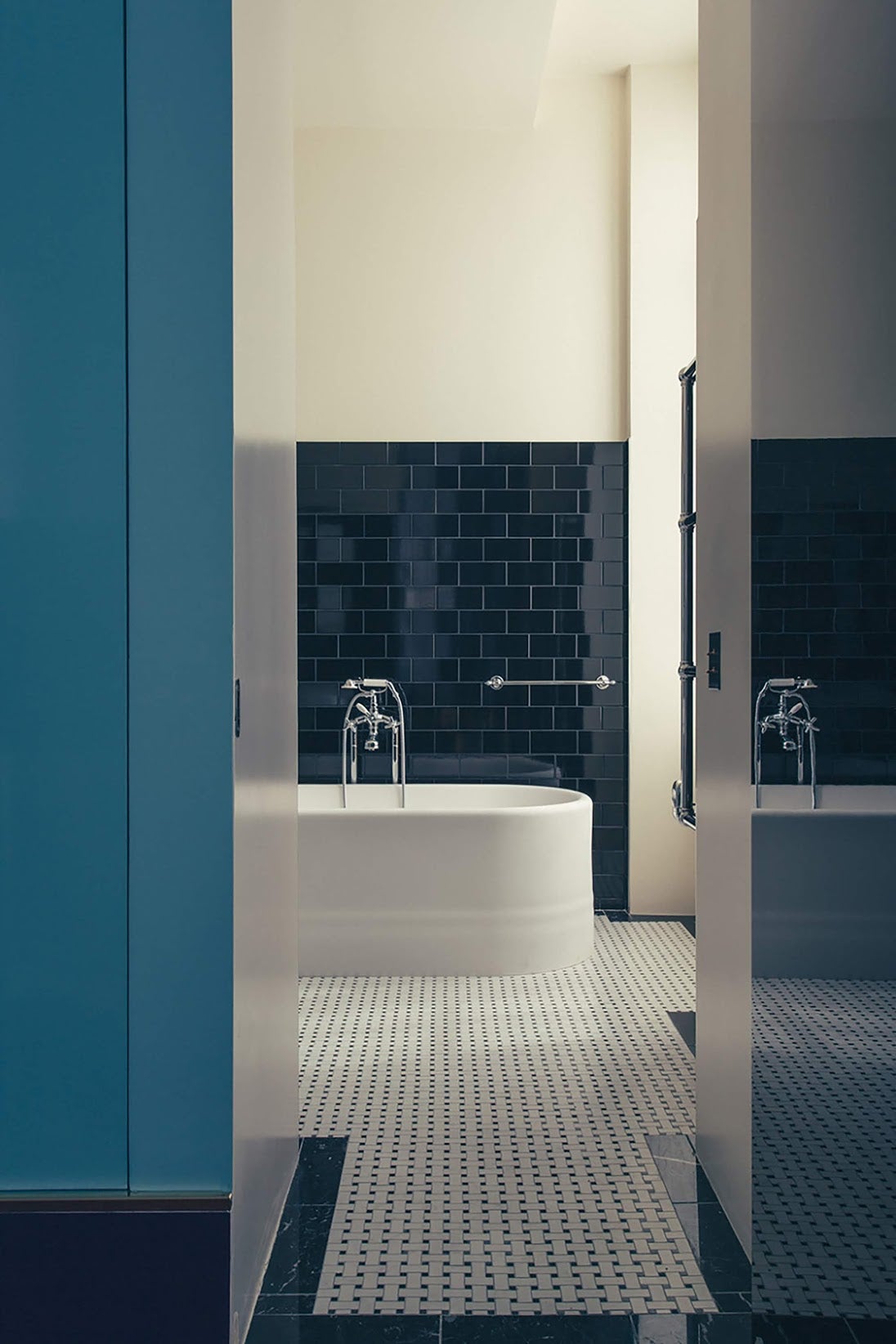5 Nontoxic Cleaning Product Swaps for a Safe and Healthy Home
Ditch the chemicals.
Updated Sep 29, 2021 7:16 AM
We may earn revenue from the products available on this page and participate in affiliate programs.
It’s probably for the best that you’ve been avoiding cleaning your apartment. A study recently published by the American Thoracic Society discovered that breathing in cleaning product fumes can be as damaging as smoking. The study followed 6,235 women working as cleaners for over 20 years and concluded that exposure to chemical agents has “potential harmful effects to the respiratory system” and the risk of asthma and respiratory problems are “well documented.” The study found accelerated lung function decline in women—both those who work as cleaners or simply do the chores at home—which is comparable to 10 to 20 years worth of smoking.
If this sobering study is making you rethink your common cleaning products, join the club. Even with the best of intentions, though, it’s not easy to assess what’s in your cleaning products. The EWG researched over 2000 cleaning products and discovered that many manufacturers fail to list many chemicals found in their formulas. And this is perfectly legal—unlike cosmetics, cleaning companies are not required to fully list their ingredients on packaging or online.
When in doubt, the EWG says to look for products certified by Green Seal or Ecologo, both programs have a robust screening based on both health and environmental standards. The US Environmental Protection Agency also tracks the safety of sanitizing and disinfecting products. If you still need the strong stuff, the EWG has a suggestion: Use mild cleaning products, like the ones listed below, for daily or weekly cleanings, and then stronger cleaners, if necessary, for less frequent and deeper cleanings. And while cleaning, always make sure you have plenty of fresh air circulating.
If you’re looking for the most important everyday cleaning products to swap, here are five safe alternatives to common irritants found in your daily cleaning products. All information, including known effects, is sourced through the EWG, which has an incredibly extensive guide to healthy cleaning.
Hand and Dish Soap
Many common hand and dish soaps include a small percentage of formaldehyde, a known carcinogen. The US Department of Human and Health Services has a chemical database, including products featuring this dangerous preservative. Not only is formaldehyde potentially harmful to you, but it’s also incredibly detrimental to animals and the environment.
Try instead…
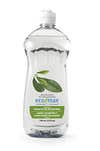
This unscented soap got an A rating by the EWG. It effectively cleans dishes and foams well, all the while remaining safe for you and the environment. And the under-$8 price tag is pretty great too.
Multipurpose Cleaners
Studies have shown that using traditional cleaning sprays, even just once a week, can increase your risk of asthma and hormone disruption. And many of these cleaners rely on ammonia or chlorine bleach, both of which are toxic, and when accidentally cross-contaminated, can create the hazardous chloramine gas.
Try instead…
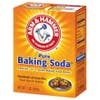
The cleaner has been used for over 170 years, and it’s nearly the highest ethically rated cleaning product you can use. Baking soda is simply sodium bicarbonate, a perfectly safe chemical to be used around your home, and it’s also widely known for its multiuse effectiveness, from unclogging drains to everyday cleaning.
If you prefer wipes instead, Babyganics All Purpose Surface Wipes, Fragrance-Free, $7.89, got a fantastic A rating from the EWG too.
Toilet Cleaners
Toilet cleaners tend to be one of the harshest heavy-duty products in your home. Their reliance on chemicals like hydrochloric acid, phosphoric acid, sodium or potassium hydroxide, chlorine bleach, or ethanolamines can cause skin burns, lung irritation, and, in extreme cases, blindness. Chloroform, a suspected human carcinogen, sometimes escapes in fumes released by products containing chlorine bleach.
Try instead…
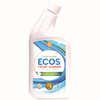
A whopping 56 percent of toilet cleaners got a staggering F rating from the EWG. But this $3.26 toilet bowl cleaner is both great at cleaning and not harmful for you to use consistently.
Scented Laundry Products
Scented cleaning products, and especially laundry detergents and softeners, don’t disclose their fragrance specifics on product labels. These fragrances can trigger allergies and asthma, irritate the lungs, and disrupt endocrine functions.
Try instead…
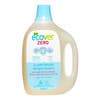
This laundry detergent is unscented, strong enough to fight tough stains, and is both HE- and standard washing machine–safe. It’s also great for Planet Earth, as its packaging is biodegradable and its ingredients are plant-based.
Antibacterial Products
It’s been discovered that antibacterial products can spur the development of drug-resistant superbugs. A common antimicrobial is triclosan, which has been linked to (even in low levels) an increase in allergies and asthma and the disruption of thyroid function.
Try instead…
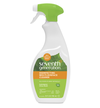
One—we repeat: one—disinfecting product got the A rating from the EWG. This surface cleaner from Seventh Generation is, honestly, really impressive. It has a patented blend of technology, based on thyme oil, that can kill over 99.99 percent of germs, including flu and cold germs. Praise be: There is no longer a need for harsh chemicals with this $3.99 beauty.
It’s nearly spring-cleaning season, and with these five cleaning alternatives—all at a steal of a price too—you’ll have a great reason to make cleaning a whole lot safer this year.
Keep on cleaning: 10 Cleaning Hacks We Learned From Professional Housekeepers Cleaning Hacks You Can Use All Year Long How Often Should You Wash Your Bedding?
